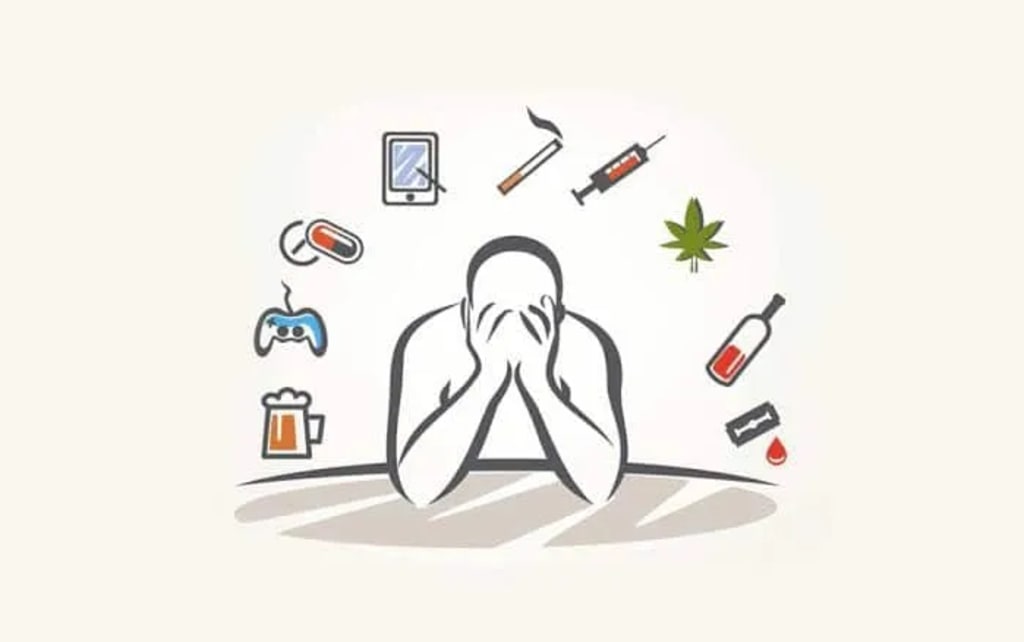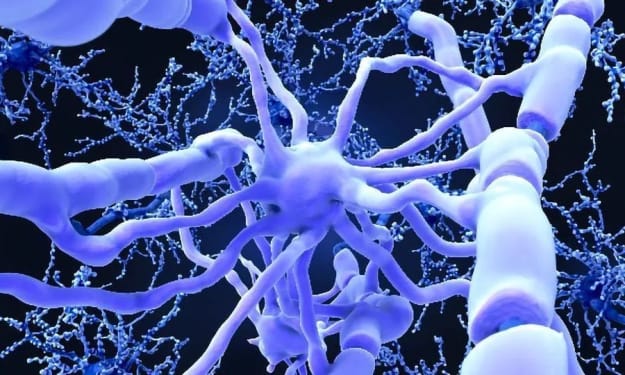
Introduction
Addiction is a complex and often misunderstood phenomenon that affects millions of individuals worldwide. From substance abuse to behavioral compulsions, addiction can manifest in various forms and can have profound effects on physical, mental, and social well-being. In this article, we will delve into addiction, exploring its definition, causes, effects, and treatment options.
Defining Addiction
Addiction is commonly defined as a chronic, relapsing disorder characterized by compulsive drug seeking, use, and behaviors despite harmful consequences. However, addiction extends beyond substance abuse and includes behaviors such as gambling, gaming, and even excessive internet or social media usage. At its core, addiction involves a lack of control over one’s impulses, leading to repetitive engagement in activities despite adverse outcomes. This lack of control and the compulsive nature of addiction often lead to significant distress and impairment in various aspects of life, including work, relationships, and health.
Causes of Addiction
The development of addiction is influenced by a combination of genetic, environmental, and psychological factors. Genetic predispositions can make some individuals more vulnerable to addiction, as certain genetic markers have been linked to addictive behaviors. Environmental factors such as exposure to trauma, stress, and peer pressure can also play significant roles in the development of addiction. For instance, individuals who experience traumatic events or chronic stress may turn to substances or behaviors as a coping mechanism.
Psychological factors, including mental health conditions like depression, anxiety, and trauma-related disorders, often co-occur with addiction, contributing to its complexity. Individuals with these conditions may use substances or engage in addictive behaviors as a way to self-medicate, which can lead to a vicious cycle of dependency and worsening mental health. Furthermore, early exposure to addictive substances or behaviors, especially during adolescence, can increase the likelihood of developing addiction later in life.
Effects of Addiction
The effects of addiction can be devastating, affecting every aspect of an individual’s life. Physically, substance abuse can lead to severe health issues such as organ damage, infectious diseases, and even overdose. For example, prolonged alcohol abuse can cause liver cirrhosis, while intravenous drug use increases the risk of contracting HIV and hepatitis. Behavioral addictions, such as gambling or gaming, can result in financial ruin, strained relationships, and a loss of productivity, as individuals may neglect their responsibilities and spend excessive time and money on their addictive behaviors.
Moreover, addiction can exacerbate mental health issues and lead to feelings of guilt, shame, and isolation, further perpetuating the cycle of addiction. The social stigma associated with addiction often prevents individuals from seeking help, leading to a sense of hopelessness and entrapment. The psychological toll of addiction can be profound, contributing to a decrease in overall well-being and quality of life.
Treatment Options
Fortunately, addiction is a treatable condition, and recovery is possible with the right support and interventions. Treatment for addiction often involves a combination of therapies, including medication, behavioral therapy, support groups, and counseling. Medication-assisted treatment (MAT) can be particularly effective for substance use disorders, as it helps to reduce cravings and withdrawal symptoms, making it easier for individuals to focus on their recovery.
Behavioral therapies, such as cognitive-behavioral therapy (CBT) and motivational interviewing, help individuals to understand and change their addictive behaviors and develop healthier coping mechanisms. Support groups, like Alcoholics Anonymous (AA) or Narcotics Anonymous (NA), provide a sense of community and peer support, which can be invaluable during the recovery process. Detoxification may be necessary for individuals with substance dependence, followed by ongoing treatment to address underlying issues and prevent relapse. It’s essential for treatment approaches to be tailored to the individual’s unique needs and circumstances for the best chance of success.
Prevention and Education
While treatment is vital, prevention efforts are equally important in combating addiction. Education plays a crucial role in raising awareness about the risks of addiction and promoting healthy behaviors. By providing individuals with the knowledge and skills to make informed choices, we can empower them to avoid or overcome addiction. This includes implementing school-based prevention programs, public awareness campaigns, and community initiatives that address the dangers of substance abuse and addictive behaviors.
Additionally, addressing underlying factors such as poverty, trauma, and social inequality can help mitigate the risk of addiction in vulnerable populations. Creating supportive environments, improving access to mental health care, and fostering social connections can reduce the likelihood of individuals turning to addictive substances or behaviors as a means of coping with life's challenges.
Conclusion
In conclusion, addiction is a multifaceted disorder that affects millions of people worldwide. It stems from a combination of genetic, environmental, and psychological factors and can have profound effects on physical, mental, and social well-being. However, with proper treatment, support, and prevention efforts, recovery from addiction is possible. By understanding the nature of addiction and working together to address its root causes, we can create healthier and more resilient communities. Through continued research, education, and compassionate care, we can improve the lives of those affected by addiction and prevent its occurrence in future generations.
About the Creator
Enjoyed the story? Support the Creator.
Subscribe for free to receive all their stories in your feed. You could also pledge your support or give them a one-off tip, letting them know you appreciate their work.





Comments
There are no comments for this story
Be the first to respond and start the conversation.